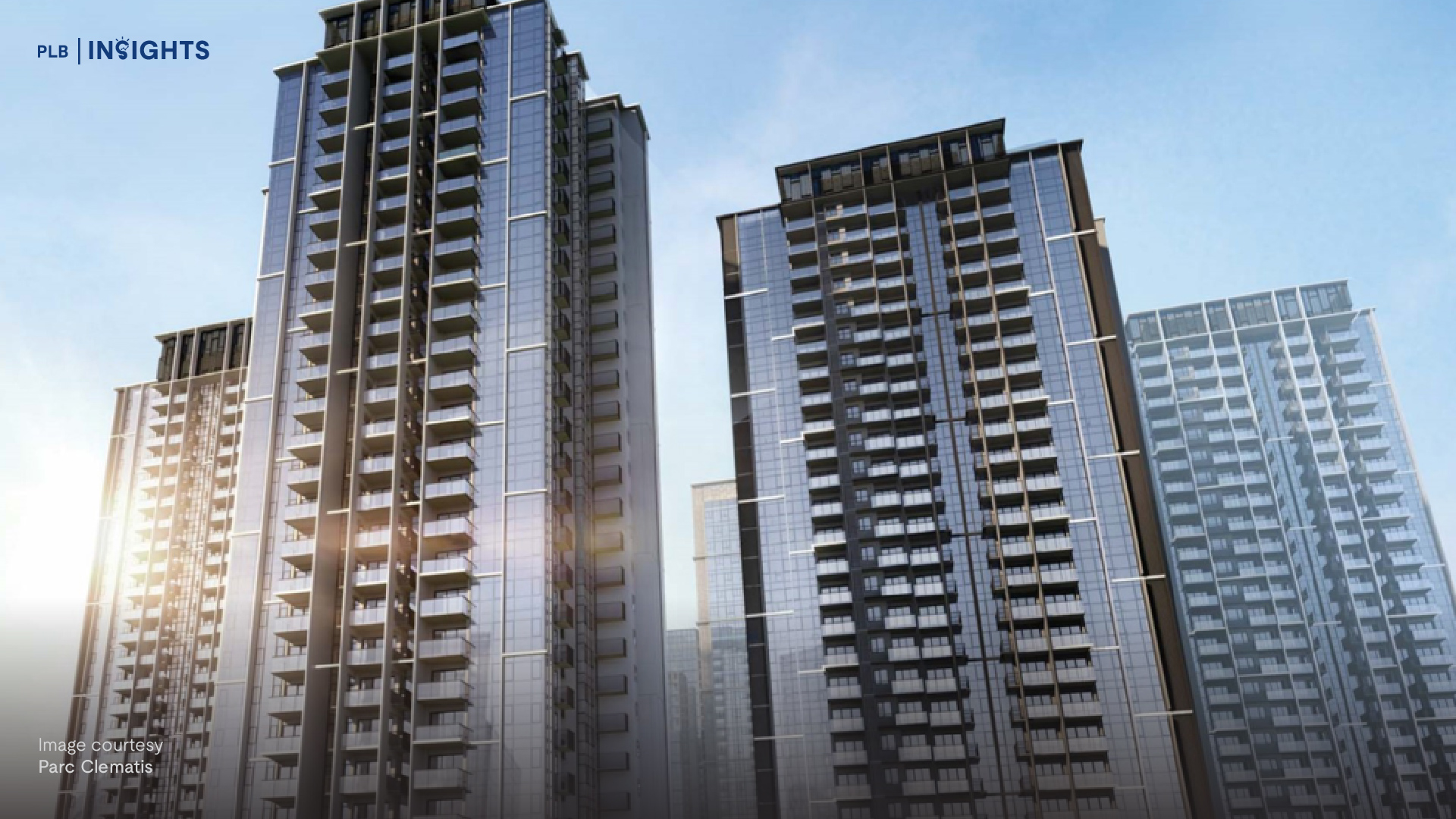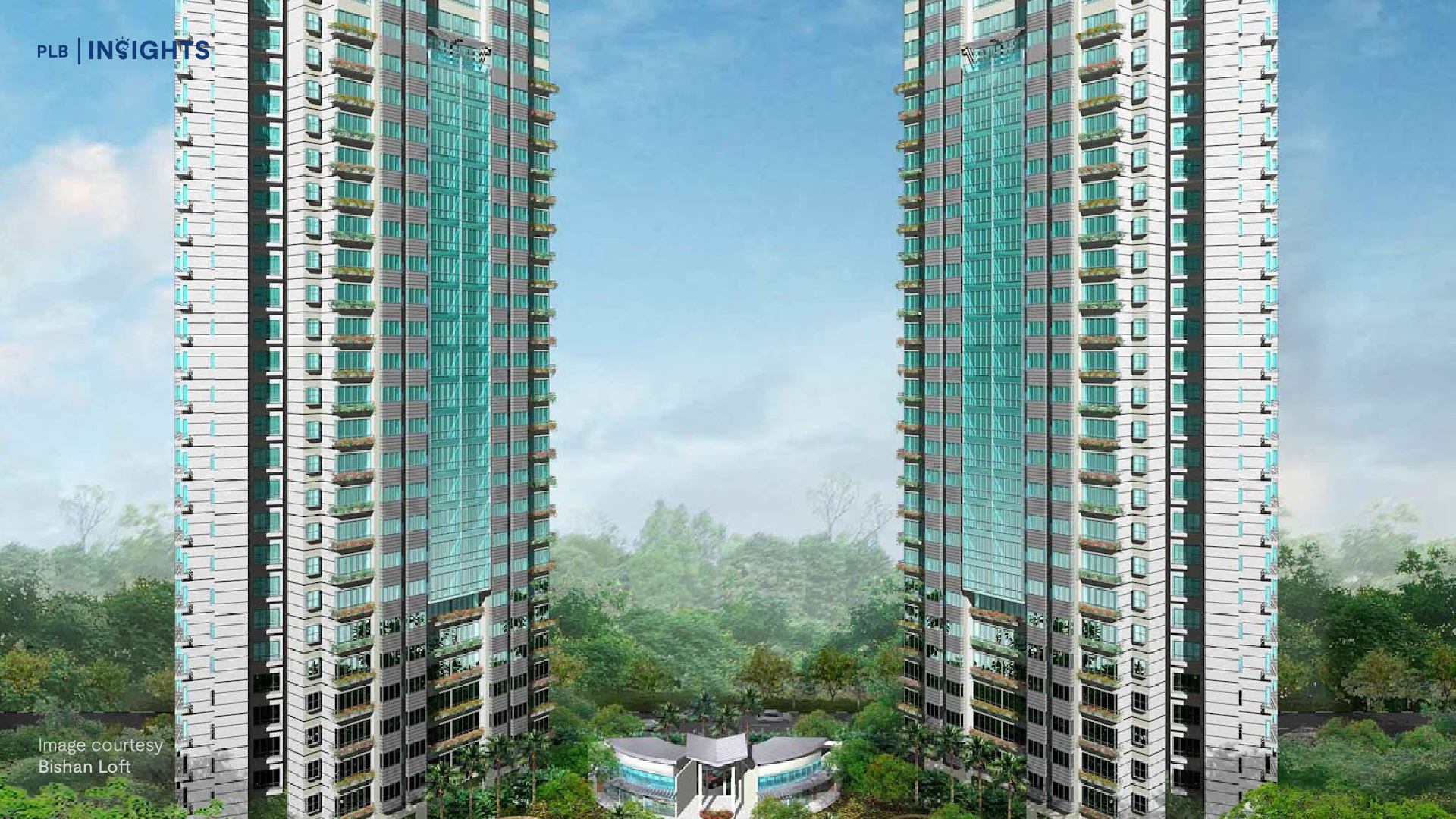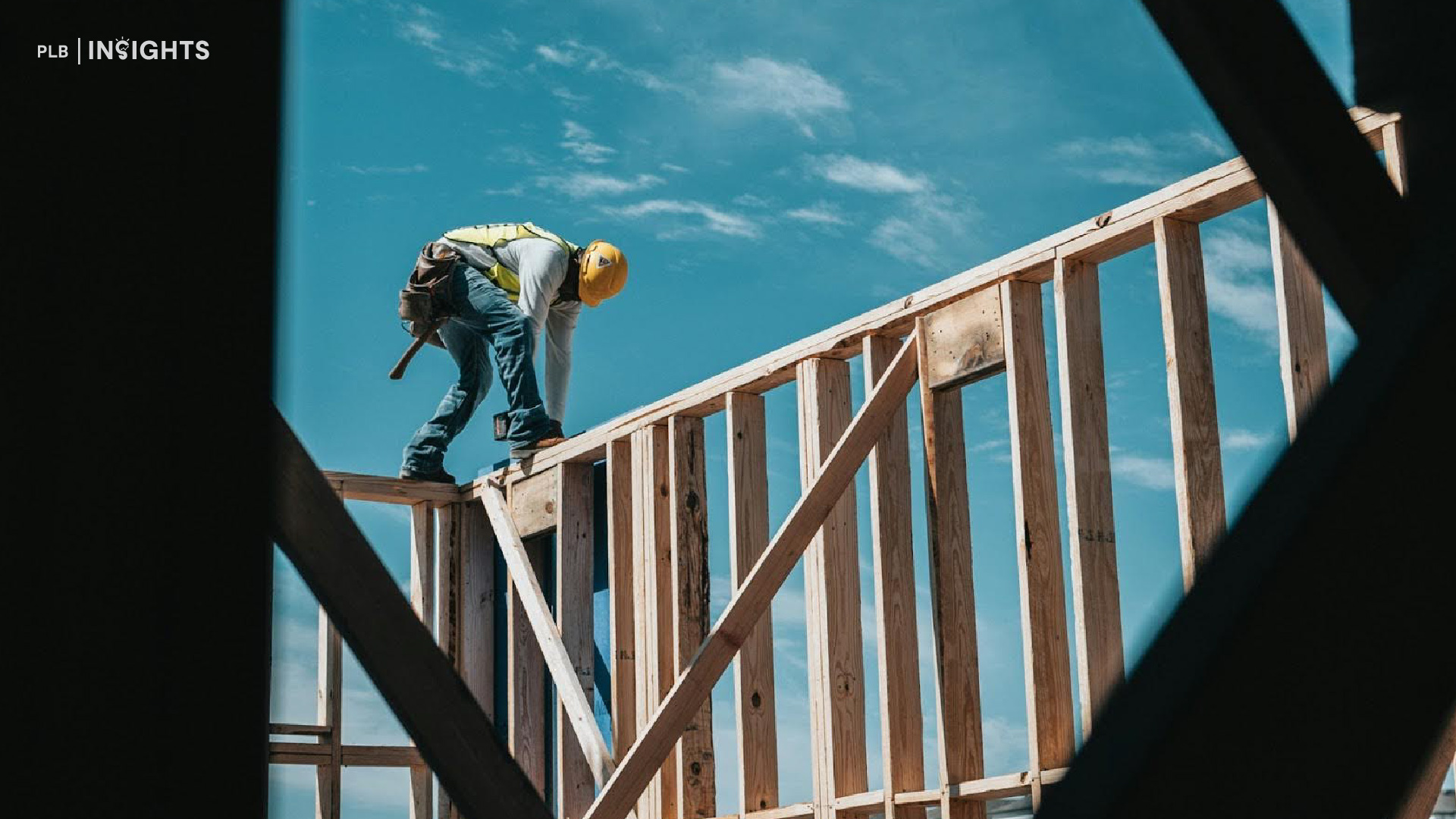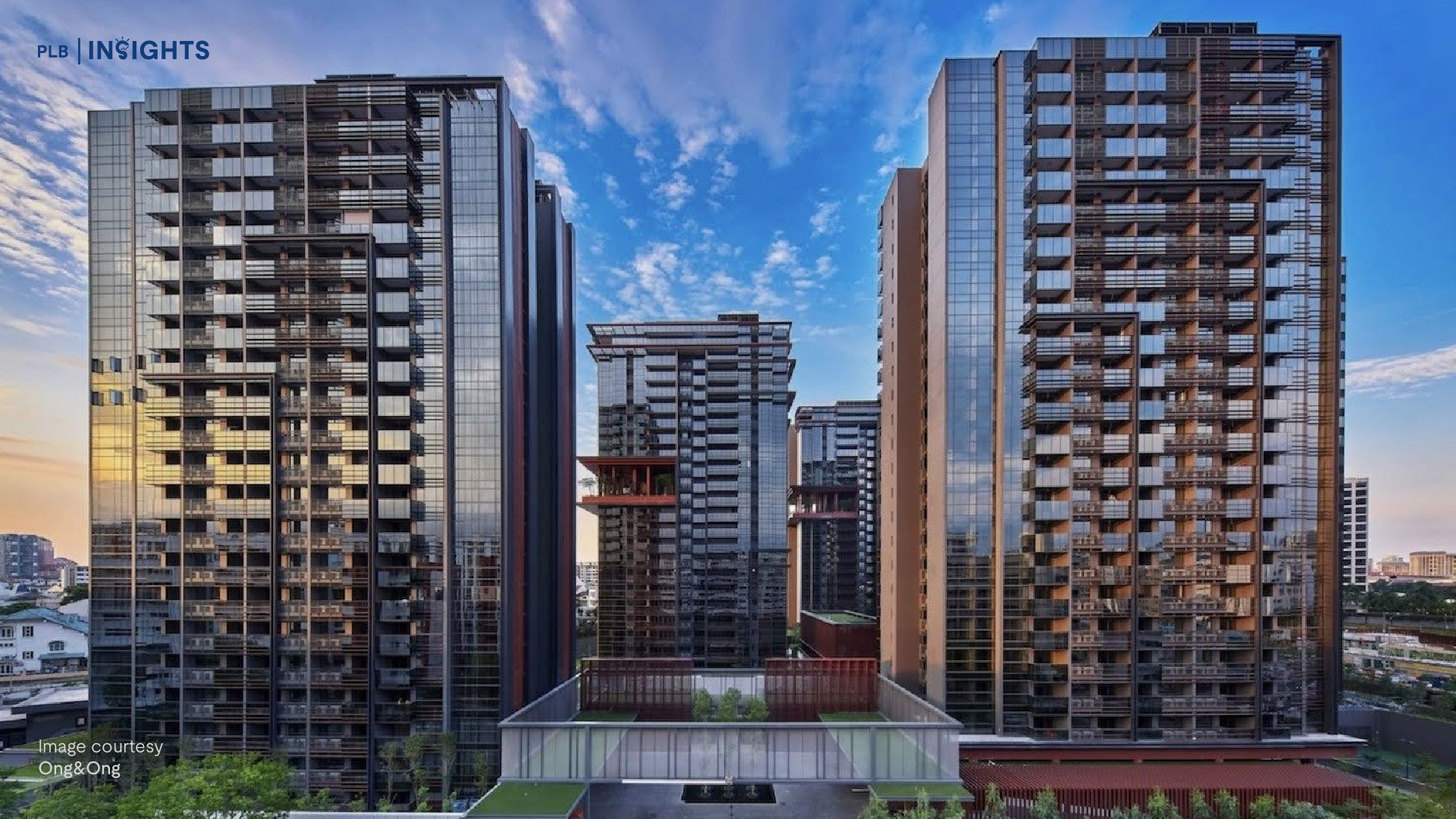
With home prices consistently rising—whether for HDB flats or private properties, new launches or resale—the prospect of owning a home in Singapore is becoming increasingly daunting, especially for younger Singaporeans. The resilient real estate market shows no signs of significant price drops anytime soon, causing many to worry about being priced out of homeownership.
Theoretically, the solution is simple: start your property journey early. But the reality is more complex. For most young Singaporeans, the most affordable option is a subsidised BTO HDB flat, which requires applying under an eligibility scheme, such as the Fiancé/Fiancée Scheme for young couples. With private property prices beyond reach for most young couples, some may feel pressured to marry early just to secure a BTO flat. But is that the best solution?
Statistics show Singaporeans are marrying later, due to various personal reasons. This raises the question: will homeownership become even harder for the younger generation? In this article, we explore the growing trend of later marriages among Singaporeans, recent HDB price trends, and offer practical insights on how young Singaporeans can navigate and start their real estate journey effectively.
How Marriage Trends Are Shifting Among Singapore’s Younger Generation

Singapore residents include both citizens and permanent residents. In 2023, 8.9% of Singaporean resident men in their 20s were married, a decline from 13.5% in 2010 and 20.6% in 2000. For women in their 20s, the proportion of married residents dropped to 17% in 2023, down from 27.1% in 2010 and 40.2% in 2000.
For those in their 30s, 63.8% of men were married in 2023, compared to 69.1% in 2010 and 72.8% in 2000. Similarly, 70.1% of women in their 30s were married in 2023, a decline from 74.8% in 2010 and 79.3% in 2000.
The steady decline in marriage rates among men and women in their 20s and 30s could pose challenges to Singapore’s long-term goals. A growing population supports economic vibrancy, and delayed marriages often lead to lower birth rates, potentially slowing population growth over time.
However, despite this trend of later marriages, Singapore’s population reached 6.04 million in 2024, driven primarily by an increase in non-residents. This population boost has also raised concerns about rising competition in the rental market. If you missed our earlier article exploring the relationship between population growth and the real estate market, be sure to check it out here.
Marriage vs Property: Should Young Singaporeans Rush to Tie the Knot?

With current high prices for both resale HDB flats and private residences, and the expectation that prices will continue to rise, it may seem prudent to tie the knot earlier to start the real estate journey before property prices increase further. For young couples, HDB offers significant financial help through grants available to first-time buyers going for either BTO and resale HDB flats. Additionally, schemes like the Multi-Generation Priority Scheme (MGPS) which allows parents and their married children to apply for flats in the same BTO project, and the Married Child Priority Scheme (MCPS) which gives a higher priority to those applying to a project within 4km of their parents/married child’s residence, can appeal to those who value living near family.
However, purchasing a BTO flat requires meeting an income ceiling of $14,000 a month. As income typically increases with age, waiting until later in one’s career might result in exceeding the income limit and missing out on BTO eligibility as well as the Enhanced Housing Grant (EHG). This could lead to needing a higher outlay for a resale HDB flat or private residence.
In terms of private residences, whether resale or new launches, the likelihood of rising prices suggests it may be wiser to purchase sooner rather than later. Buying a home earlier provides a longer timeline for wealth building through property investment.
That said, we strongly advise against marrying early solely for the purpose of property investment. Rushing into marriage just to secure a residential property can lead to high forfeitures of BTO applications and, worse, higher divorce rates. If more young couples feel pressured into early marriages solely to secure a home, the social and economic consequences could be significant, especially for families with children. This could result in greater instability, affecting not only the individuals involved but also the broader society and economy.
While real estate can be a powerful tool for wealth building and social mobility, a home should be more than an investment—it is the foundation of a happy and fulfilling life. Despite rising property prices, government cooling measures and Singapore’s stable economy ensure that homeownership remains attainable for citizens.
Instead of rushing into marriage, couples should take time to thoughtfully plan their future. Having a clear exit strategy for their first property is also crucial, particularly for young, first-time buyers, as their first home can either support or hinder their long-term plans.
Tips and Insights For Picking Out The Ideal First Home

Market Demand Considerations
When choosing your first home, consider supply and demand factors that could affect future resale value. For HDB flats, opting for a 4-bedroom or larger unit may appeal more to families, possibly broadening your buyer pool and improving resale prospects. For private residences, especially new launches, assess demand by reviewing similar resale listings in the area. A high number of listings for your unit type could mean more competition when selling, affecting both price and time on the market. Understanding these dynamics ensures your property stays attractive to future buyers.
Plan an Exit Strategy
Lastly, always have a clear exit strategy in mind. Consider whether the property will still be a good fit as your life circumstances change. Ask yourself if you would want to sell, rent, or upgrade the home in the future. Having an exit plan in place ensures that your first home remains a stepping stone to future financial and lifestyle goals.
Understand Your Financial Standing
Before diving into the homebuying process, take time to evaluate your financial health. Calculate your savings, debts, and monthly expenses. Be realistic about how much you can afford by factoring in down payments, monthly mortgage payments and additional costs such as maintenance fees (if any) and property taxes. Use available financial tools, such as the Mortgage Servicing Ratio (MSR) and Total Debt Servicing Ratio (TDSR) calculators, to understand your borrowing limits.
Prioritise Location and Accessibility
Location is key when selecting your first home. Consider properties that are close to your workplace, public transport hubs, or family. Proximity to schools, supermarkets, and amenities like parks or recreational facilities can greatly enhance your daily life. Keep in mind that homes in well-connected areas tend to retain or appreciate in value, making them a good investment for the future.

Evaluate Your Future Needs
Your first home should not just meet your current needs but also accommodate your future lifestyle. Are you planning to expand your family? Will your job location change in the next few years? Consider whether the property has enough space and flexibility to adapt to your long-term plans.
Look Into Government Grants and Schemes
As a first-time homebuyer, you are eligible for various government grants, especially when purchasing an HDB flat. Familiarise yourself with grants like the EHG and family-centric schemes such as the MGPS. These can reduce your financial burden significantly and make homeownership more accessible.
Assess the Property’s Appreciation Potential
While your first home is primarily a place to live, it’s worth considering its potential for capital appreciation. Look at the area’s development plans, upcoming transport links, and new amenities. Homes in growing areas with future infrastructure projects, such as new MRT stations or malls, are more likely to appreciate over time, providing a good return on your investment.
Don’t Rush the Decision
It’s easy to feel pressured into making a quick decision, but buying your first home is a long-term commitment. Take your time to research, visit multiple properties, and weigh your options carefully. A well-informed decision can prevent regrets down the road and ensure you find a home that suits your needs and financial goals.
In Conclusion
While rising property prices may create pressure for young Singaporeans to marry early and secure a home, it’s important not to rush into such life-changing decisions solely for the sake of property ownership. Real estate can be a valuable tool for wealth building, but it should not come at the cost of personal happiness or long-term financial stability. By carefully considering factors such as market demand, financial standing, location, and future needs, young couples can make informed decisions that align with both their personal and financial goals.
Ultimately, purchasing your first home is a major milestone, but it’s essential to ensure that it supports your broader life plans. Whether you’re considering an HDB flat or a private residence, taking a thoughtful and strategic approach will help you navigate the challenges of the real estate market while laying the foundation for a secure and fulfilling future.
Have questions or need help with your first home? Reach out to us today. Our expert consultants are ready to guide you through every step, ensuring you enjoy a smooth and fulfilling retirement.







